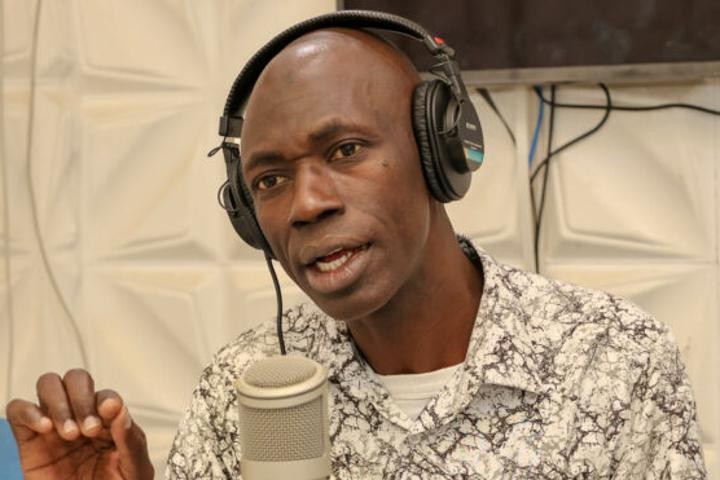
A prominent civil society leader is urging the United Nations Security Council (UNSC) to fully support the African Union’s (AU) call for an inclusive leadership dialogue in South Sudan, as the country faces heightened political and security tensions that threaten to derail the fragile peace process.
In a statement on Monday,Edmund Yakani, executive director of Community Empowerment for Progressive Organization (CEPO), implored UNSC members to prioritize supporting the high-level dialogue to achieve consensus on the crucial, unfinished tasks of the 2018 peace agreement (R-ARCSS).
“I would like to urge the members of the UN Security Council, on behalf of the suffering citizens of South Sudan, to support the calls made by the AU Peace and Security Council delegation that recently visited Juba,” Yakani stated.
He said the dialogue is very important, but stressed that such a dialogue is impossible without a ‘conducive environment,’ which must include the release of all political detainees.
Yakani also urged the council to keep South Sudan high on its agenda, noting that the UNSC’s priority should be on peace and stability and the protection of civilians.
He emphasized the country’s strategic importance for regional peace and security.
“As the youngest nation in the world, peace and stability, and the protection of civilians should be a priority for the members of the UN Security Council,” he added.
Yakani’s plea follows a recent visit by an AU peace and security delegation, which concluded its mission by urging South Sudanese peace accord parties to engage in a high-level dialogue.
In a communiqué released on August 15, 2025, the AU Peace and Security Council expressed deep concern over the country’s political and security situation.
The council specifically noted the detention of First Vice President Dr. Riek Machar and the prevailing political tensions, which it warned could derail the peace agreement’s implementation.
The communiqué further urged all parties to take immediate steps to de-escalate tensions and prevent further deterioration. It also appealed to all international partners, humanitarian agencies, and member states to sustain humanitarian support for both aid workers and civilians in the country.
The implementation of the 2018 peace agreement has seemingly stagnated, especially following the arrest of Dr. Riek Machar, a key signatory to the accord.
Dr. Machar has been under house arrest since March 26 for what the government said was his alleged involvement in violence in Nasir County, Upper Nile State.
However, his supporters and members of the SPLM-IO have consistently denied the allegation, labeling his detention as politically motivated.
Although the R-ARCSS mandates that elections be held after the transitional period, which has been extended to December 2026, the country faces multiple challenges.
Ongoing clashes between forces loyal to the SPLM-IO and government forces in different parts of the country, inadequate infrastructure, and limited resources continue to pose substantial obstacles to the success of the upcoming elections.

